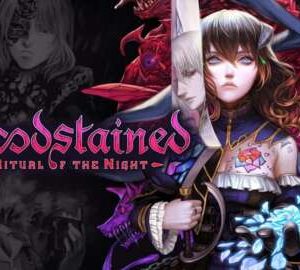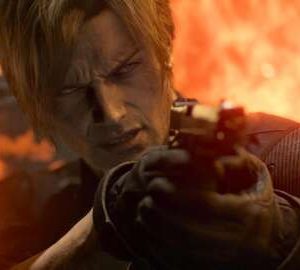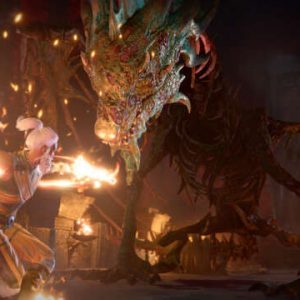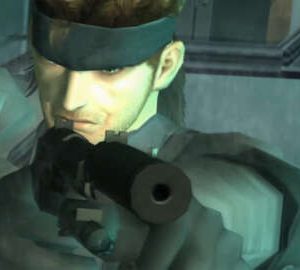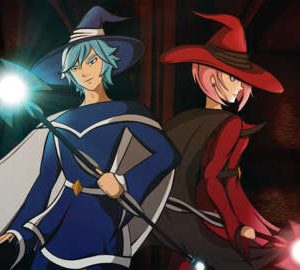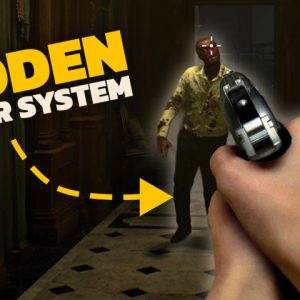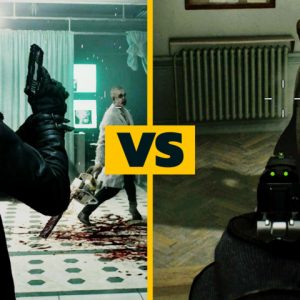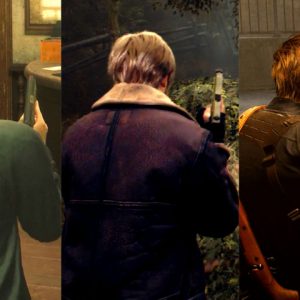Mafia: The Old Country brings back the period-piece gangster franchise after almost a full decade with a more streamlined, linear adventure set in early 1900s Italy. Has the experiment paid off? So far it sounds like the results are mixed. Early reviews of the new Mafia are praising the look of its world and the quiet details in-between missions, while some are criticizing what they see as tropey storytelling and dated gameplay.
Mafia: The Old Country is out on PlayStation 5, Xbox Series X/S, and PC on August 8, which technically means it goes live for players in the earliest time zones later today and at midnight for everyone on Steam. Today’s reviews, arriving less than a day out from launch for some some fans based on where they live, are also only for the PC version of the new Mafia. The developers at Hangar 13 have promised a PS5 Pro update for the game will follow, and it’s “targeting” 60fps in performance mode on base PS5 and Xbox Series X/S. But no one will be able to actually test how well that works in practice on console until the full release.
The game follows the story of indentured laborer Enzo Favara as he climbs out of the Sicily’s sulfur mines into the family of one of the country’s more notorious crime families. The turn-of-the-century setting makes The Old Country the earliest game in the Mafia series. It’s also been touted as an overhaul of the franchise’s open-world design which got increasingly bloated with Mafia III. The new game is only $50 and takes just 12-14 hours to beat. Does it pay off?
Mafia: The Old Country currently sits at 75 on Metacritic, one of the higher scores in a series that usually hovers somewhere around “good but not great.” GameSpot’s Jake Dekker praised the characters and look of 1900s Sicily but criticized the simplistic gunplay and lack of depth. IGN was more upbeat. “It doesn’t reinvent stealth, and there’s nothing especially remarkable about its typical third-person cover shooting – but with great writing, excellent vocal performances, and a wonderful eye and ear for detail, The Old Country is a potent and immersive time machine to a rarely explored era,” wrote reviewer Luke Riley.
Kotaku will have its own review in the coming days once we’ve had time to test Mafia: The Old Country on console. In the meantime, here’s what other early reviews are saying about the gangster drama’s semi-open-world return:
It’s not just about the mafia, nor is it about Italy in the early 1900s. Mafia: The Old Country is a sobering reminder that tough times still create a breeding ground for exploitation today, just as they did in Sicily. When the money is tight and our backs are against the walls, our options narrow as survival becomes a necessity. There are plenty of ways that we end up carrying out someone else’s dirty work that don’t involve pulling a trigger at a don’s behest. The Old Country doesn’t expect you to agree with Enzo’s choices, but it does ask you to understand the societal forces that drove him to them. — Giovanni Colantonio
Resisting the expectation for single-player games to be chockablock with content, The Old Country is sparing and restrained. Its pacing, especially in the first few chapters, is slow and deliberate. Walking as Enzo often feels more natural and rewarding than breaking out into a sprint. It’s the best way to take in the postcard beauty of [developer] Hangar 13’s depiction of Sicily, and to listen in on the conversations between other characters. This world is believable and well-realized. The sprawling Torrisi vineyard, your home base for much of the game, is alive with activity: Cars and horse-drawn carriages come and go constantly, workers pick grapes out in the field, cooks and maids chatter in the kitchen. — Yussef Cole
The Old Country isn’t bad; it’s also not great. Perhaps most depressing, it’s simply fine, inoffensively so. There’s nothing in here you haven’t seen elsewhere, cast included. And worse yet, probably done better. For all the great prequels out there, The Old Country is proof that going backwards isn’t always an interesting way forward. — Wesley LeBlanc
Mafia: The Old Country returns to the series’ roots with a more linear adventure, delivering a solid story (if a cliché-heavy one) and satisfying combat. The character models and environments are stunning to look at, but the latter raises our main issue: as much as we appreciate the focus on a linear story, this wonderfully sculpted Sicily map is begging to be explored more and is sorely underused as a result. — Chris Scullion
All of this stems from a confidence in vision that makes The Old Country far richer than its adherence to mob genre storytelling might suggest. There’s a purity to its concentration on small-scale character work, mood setting, and straightforward action that stands apart from the tendency toward convolution and inflation found in so many other big budget videogames. Mafia: The Old Country is a game that knows what it wants to do and rarely deviates from offering just that. In the end, as with any take on a familiar type of story, that makes all the difference. — Reid McCarter
Mafia: The Old Country relies on a handful of dated instant-fail stealth segments with poor checkpointing to break up the pace of driving, shooting, and cutscenes in a typical mission. These range from inconvenient to frustrating. One in particular sees Enzo sneaking into a government facility to crack a safe. It’s a fun premise, but one slip-up puts you back outside to start over, regardless of how deep you make it into the building. At first, I gave these instant-fail stealth missions the benefit of the doubt, since there are obvious story reasons why Enzo wouldn’t want to be spotted. However, most of the time, a gunfight erupts anyway, making all that trial and error feel trivial. — Jake Dekker
Part mob drama and part Western, The Old Country may be a safe and conventional third-person action adventure on the surface, but it’s a moody and engaging one that makes great use of its uncommon setting and is brimming with old school atmosphere so heady you can practically smell the sun-dried tomatoes. — Luke Riley








